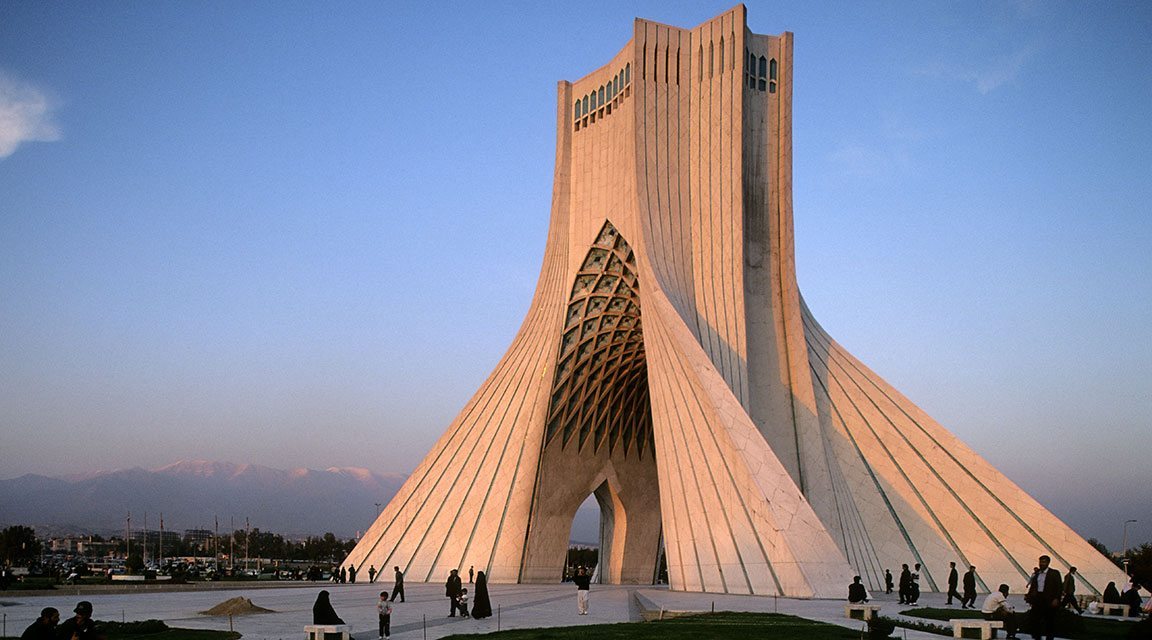

Embargo ends after meeting of foreign ministers and UN nuclear watchdog in Vienna
International sanctions against Iran have been lifted after UN nuclear watchdog the International Atomic Energy Agency (IAEA) confirmed that Iran had complied to limit its nuclear development programme.
The Joint Comprehensive Plan of Action (JCPOA) nuclear deal was signed by Iran and six world powers the US, France, Germany, the UK, China and Russia on 14 July 2015. The deal calls for Iran to cut back its nuclear programme in exchange for relief from US, EU and UN-enforced sanctions against its economy, including the banking and energy sectors.
On 11 January, the Iranian government completed the removal of its plutonium reactor at Arak and filled it with concrete. Earlier in the year, US Secretary of State John Kerry, who was instrumental in negotiating the nuclear agreement with Tehran, said Iran had shipped out most of its stockpile of enriched uranium overseas.
Today, as a result of the actions taken since last July, the US, our friends and allies in the Middle East, in the entire world are safer because the threat of a nuclear weapon has been reduced, Kerry said in Vienna.
The immediate impact of sanctions relief is likely to be an increase in Iranian oil exports, while Tehran will receive billions of dollars of oil revenues frozen in overseas bank accounts.
Since the JCPOA was agreed in July last year, we have seen dozens of multinational companies extending their efforts in Iran, all of which have been jockeying for pole position in an effort to become an exclusive trade partner with Iran, says London-based lawyer and Iran specialist Sarosh Zaiwalla.
Iran investors need to tread carefully
The prospective return of Iran to the international fold has been likened to a sleeping giant about to wake up. With a population of nearly 80 million and the second-largest GDP in the Middle East, the Islamic Republic is the largest economy cut off from international investors.
The lifting of economic sanctions, expected in early 2016, will unleash significant spending on the oil and gas industry as well as other sectors of the economy, which have been starved of investment and access to state-of-the-art technology for years.
It will also open up the Middle Easts second-largest consumer market after Egypt, with huge pent-up demand for goods and services, from cars and electronics to food and beverages. Read More
In the longer term, the Islamic Republic is likely to attract increased investment from overseas, with companies already signing preliminary agreements on projects in sectors such as oil, gas and metals.
Irans Mehr News Agency (MNA) reported that oil majors Total and Shell had sent executives to Tehran ahead of the meeting in Vienna. The executive are reportedly meeting officials from National Iranian Oil Company (NIOC) and affiliated companies to discuss deals on Iranian oil assets.
Irans reengagement with international markets has been supported by new legislation designed to attract more foreign investment into the country, removing previous restrictions on the percentage of foreign shareholding in Iran Zaiwalla says, adding that Iran is hoping to attract $30bn of foreign investment to help boost oil production.
Before the sanctions suspension was announced in Vienna on 16 January it emerged that IRan had released four Iranian-American prisoners including Washington Post journalist Jason Rezaian who was jailed on charges of espionage in November 2015.
You might also like...

Rainmaking in the world economy
19 April 2024

Oman receives Madha industrial city tender prices
19 April 2024

Neom seeks to raise funds in $1.3bn sukuk sale
19 April 2024

Saudi firm advances Neutral Zone real estate plans
19 April 2024
A MEED Subscription...
Subscribe or upgrade your current MEED.com package to support your strategic planning with the MENA region’s best source of business information. Proceed to our online shop below to find out more about the features in each package.





